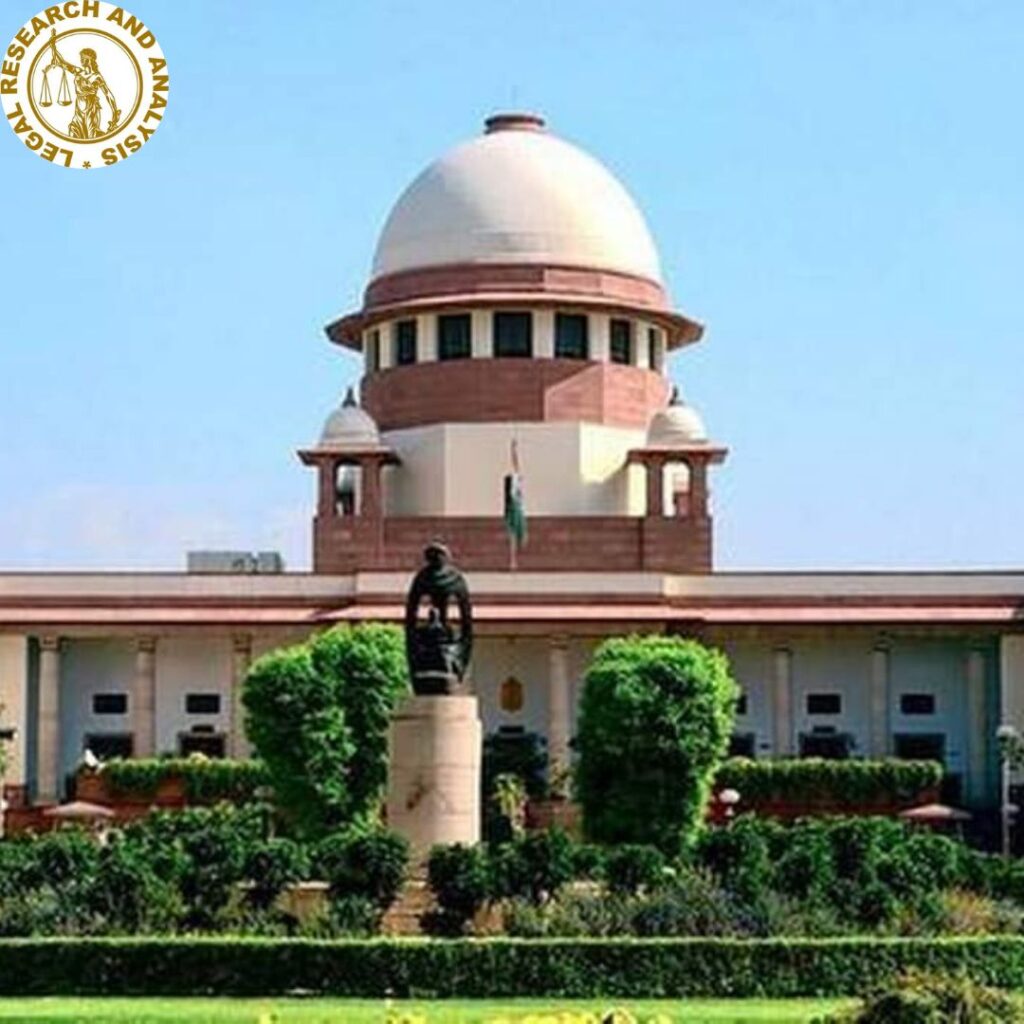
The Supreme Court has stayed the release of former professor GN Saibaba and others in the case of the Maoist link.

Supreme Court finally removes the reference of foreign origin for Sikkimese – Nepalis from the Judgement
The recently delivered verdict by the Supreme Court of India on 13 January 2023, has gathered various protests as well as disapprovals in the State in the past few weeks. The observation by the judges was made in the case of the Association of Old Settlers of Sikkim vs. the Union of India. As a result of which the application was filed to the Supreme Court by the Union of India, The state government of Sikkim and the third parties asking for modifications to the given judgement. Following the date of Judgement, various protests broke out in the state which also aroused flame between ex-CM Pawan Chamling and current CM of the state Prem Singh Golay censuring each other for the created sparks.
The verdict was given by the bench comprising two judges, named Justice BV Nagarathna and Justice MR Shah. The debated sentence of the order, being written by Justice Nagarathna said “There was no difference made out between the original inhabitants of Sikkim, namely the Bhutia-Lepchas and the persons of foreign origin settled in Sikkim like the Nepalis or Persons of Indian origin who had settled down in Sikkim generations back”. Initially the bench proposed only to remove the part of the sentence which is “the persons of foreign origin settled in Sikkim like the Nepalis”. But later on Tushar Mehta, the Solicitor General of India proposed to erase the whole sentence rather than just the stated words. Later, as an outcome of which the Supreme Court of India got settled to remove the part resulting in it to be as “namely the Bhutia Lepchas and the persons of foreign origin settled in Sikkim like the Nepalese.”
The Bench at the time of entertaining the applications observed that the writ petitioner had made some changes to the petition but had failed to bring the same in the eyes of the court. Justice Nagarathna read out a modification order and stated that there was a revised writ petition filed in response to an initial application. However, the lawyer representing the petitioners failed to bring attention to significant changes made to the petition. The judge pointed out that it was the responsibility of the counsel to inform the court. A request was made to the Supreme Court to make corrections due to an error, which the judge agreed was appropriate. She ordered the correction of specific words in two paragraphs of her previous ruling.
The January 13 verdict declared the exclusion of long-term Indian residents in Sikkim before its merger with India in 1975, from the definition of “Sikkimese” in section 10 (26AAA) of the Income Tax Act, as unconstitutional. The Solicitor General asked for clarification that the ruling did not impact Article 371F, but the Supreme Court noted that this was not a topic relevant to the case and no clarification was necessary.






